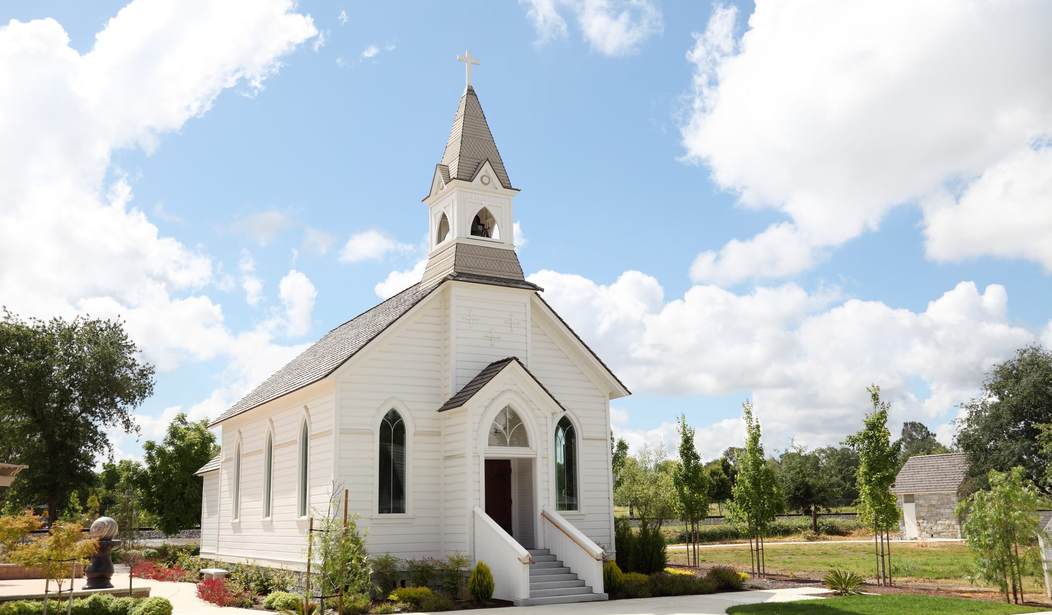I found myself feeling somewhat misplaced at church during my college years. During the weekends I spent on campus I attended a church with a Sunday School class full of students from my school. We had everything in common because we lived in the same dorms, had the same professors, even ate the same (less than savory) cafeteria food. In the summers I worked at a camp where we spent weekends rotating at the homes of fellow camp staffers and attending their churches. But when I was at my home church, I started skipping Sunday School.
I grew up faithfully attending every service and class our church offered and then I married a pastor, so when I think about how I ditched Sunday School, it was very out of character for me. The “problem,” as I labeled it, was that I did not really fit in with the hodge-podge crew of post-high school young adults. The class was comprised of a few single mothers, several individuals who worked full-time, some people who owned homes, commuter college students who lived at home and attended local schools, and those who hadn’t yet graduated from the “college and career” age group (although their age suggested otherwise). I was not living through the same life experiences as my supposed peers and instead of finding common ground, I played hooky.
Fast forward a few years and I was a youth pastor’s wife listening to the same complaints from our college students. I started watching our students disengage from the church because all they knew to do was talk to their friends and people who had obvious things in common with them. I started to grow frustrated with this trend, and then I was convicted — because I had done the exact same thing. As an adult, though, I wish I had realized the importance of being with people who were not exactly like me.
New Testament churches were multi-generational. Christians in the beginning of the Church Age read the original texts. Instead of everyone reading their own copy of the Bible (which had not been compiled into one book yet), letters were passed from community to community. When we read the Epistles, we need to understand that these letters were originally read aloud to entire congregations. The Bible was written to people of all ages and for people of all ages, not just one demographic. In I Timothy 5 we see all age groups specifically addressed: “Do not rebuke an older man but encourage him as you would a father, younger men as brothers, older women as mothers, younger women as sisters, in all purity.” (emphasis added). I love this passage because it makes it clear that older and younger believers were interacting and caring deeply for each other, so much so that they would confront one another on areas of sin. I Peter 5 also specifically addresses all age brackets as Peter reminds them to remain faithful in times of suffering.
Older men and women are commanded to teach those younger than them. Not only was it a common practice for younger and older believers to mingle, it was also commanded. Titus 2 calls us to be discipling those younger than we are. Older women are told to “teach… train the young women.” Paul then instructs Titus to “urge the younger men to be self-controlled.” He tells Titus to “Show yourself in all respects to be a model of good works.” We are called to set an example with our lives (young people are, too, see I Timothy 4:12). We should be pursuing Christ wholeheartedly and looking for others to help along in their faith, even if they are from a different generation than we are.
People older than you have wisdom to share. The longer we live, the more life experiences we acquire. With those life experiences come failures, successes, and teachable moments. Google is the place to look for answers for most millennials (my generation), but God’s Word reminds us that He has provided people with wisdom all around us. Proverbs 16:31 tell us that “Gray hair is a crown of glory; it is gained in a righteous life.” Job 12:12 reinforces this message: “Wisdom is with the aged, and understanding in length of days.” People older than you can help you with spiritual matters because chances are they have lived through a similar season of life. The more you live, the more you learn — why not tap into the wealth of knowledge your church family has?
I share this with you because I have seen the benefits of multi-generational interaction. If I could go back and have a conversation with my eighteen-year-old self, this is the first thing I would tell her. God has comprised local church bodies of all ages and walks of life. We can learn and benefit from each other, and we are told to teach and help others learn to live godly lives. Step away from your comfort zone and interact with someone a different age than yourself. You will be surprised what you can teach each other.







Join the conversation as a VIP Member